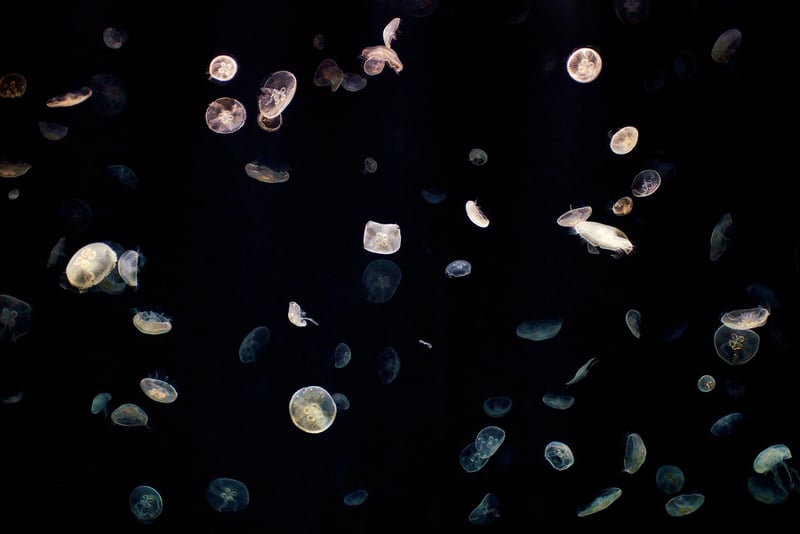Origin of Life
The Fascinating World of Astrobiology: Exploring Life in the Universe and the Origin of Life
Have you ever wondered if we are alone in the vast expanse of the universe? The field of astrobiology seeks to answer this fundamental question by studying the potential for life beyond Earth and unraveling the mysteries of how life originated on our own planet.
Exploring Life in the Universe
Astrobiology, also known as exobiology, is a multidisciplinary scientific field that combines principles of biology, chemistry, physics, and astronomy to investigate the possibility of life elsewhere in the cosmos. Researchers in astrobiology explore various environments, from the icy moons of Jupiter and Saturn to distant exoplanets orbiting other stars, in search of conditions that could support life.
Key Areas of Study in Astrobiology:
- Extremophiles: Organisms that thrive in extreme environments on Earth, such as deep-sea hydrothermal vents or acidic hot springs, provide insights into the potential for life in harsh conditions elsewhere in the universe.
- Exoplanets: Astronomers search for planets outside our solar system that lie within the "habitable zone," where conditions may be suitable for liquid water and, potentially, life to exist.
- SETI: The Search for Extraterrestrial Intelligence involves scanning the cosmos for signals that could indicate the presence of intelligent civilizations beyond Earth.
The Origin of Life on Earth
While the search for extraterrestrial life continues, scientists also strive to understand how life originated on our home planet. The field of abiogenesis explores the chemical processes that led to the emergence of the first living organisms from non-living matter billions of years ago.
Leading Theories on the Origin of Life:
- Primordial Soup Theory: Proposed by Stanley Miller and Harold Urey in the 1950s, this theory suggests that life arose from a combination of simple organic molecules in Earth's early oceans, energized by lightning or UV radiation.
- Deep-Sea Vent Hypothesis: Some researchers propose that life may have begun around hydrothermal vents on the ocean floor, where a mix of chemicals and heat provided the necessary conditions for life to emerge.
- Panspermia: This hypothesis posits that the building blocks of life, such as amino acids or even primitive microorganisms, could have been transported through space on comets or meteorites, seeding life on Earth.
By studying the origins of life on Earth and exploring the potential for life elsewhere in the universe, astrobiologists and researchers are piecing together the puzzle of our cosmic origins and humanity's place in the universe.

Are we alone in the universe, or is life a common occurrence among the stars? The quest to understand life's origins and diversity across the cosmos continues to captivate scientists and enthusiasts alike, driving us to explore the mysteries of existence beyond our planet.
Join us on this thrilling journey of discovery as we unlock the secrets of life in the universe and unravel the ancient enigma of how life began on Earth.
